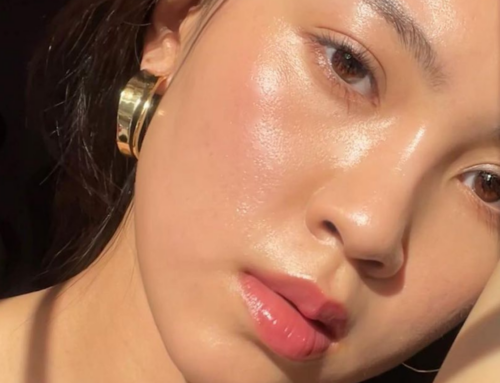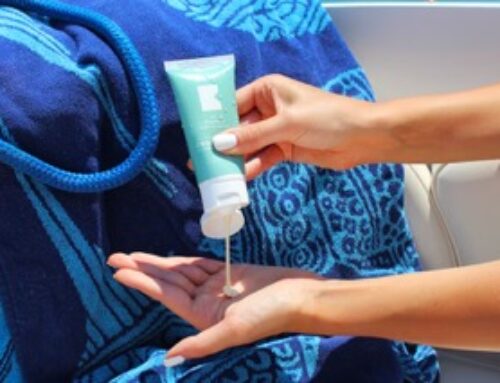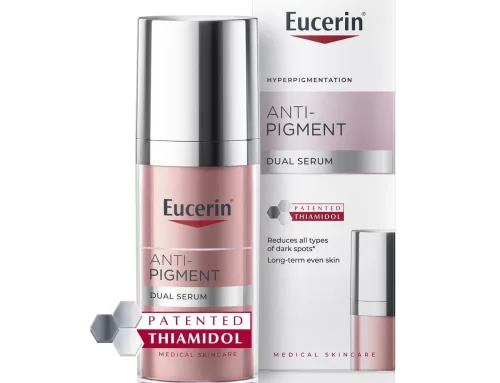Of course you want your skin to look its best. That’s why you’re following a skincare regimen that works for you. However, if you’re a woman planning to get pregnant or expecting a child (congrats!), note that there are some medications that you must avoid while treating your skin conditions during pregnancy. Some product ingredients have suspected risks to fetuses, and can harm the development of a healthy baby if absorbed into the bloodstream. This blog article will list skincare ingredients that should be avoided during pregnancy, as well as list safe alternatives to substitute into your skincare routine.
What to AVOID:
1. Retinoids
These are vitamin-A derived products that promote cell turnover for acne treatment and reduction in fine lines. Retinoid medications include isotretinoin, tretinoin, adapalene, and tazarotene.
2. Hydroquinone
This is a skin-lightening agent found in products used to reduce dark spots or hyperpigmentation, including melasma.
3. Salicylic Acid (in High Concentrations)
Oral medications and peels should be avoided since the anti-inflammatory agent, used for treating acne, can be dangerous for the baby. Over-the-counter skin care products, such as cleansers, body washes, serums, lotions, and acne spot treatments, typically contain salicylic acid in lower doses that are safe for pregnant women.
Ingredients that MAY NOT BE SAFE (More Research Needs to Be Done)
- Benzoyl peroxide, found in OTC acne treatments
- Botox and fillers
- Chemical sunscreens, which contain oxybenzone—a chemical that contains endocrine-disrupting chemicals and may cause complications for fetal development
— Use mineral sunscreens with titanium dioxide and zinc oxide instead, as they physically deflect rays before they hit your skin.
Ingredients that are SAFE FOR PREGNANCY
- Vitamin C products, which promote the production of collagen and can brighten hyperpigmentation
- Niacinamide, azelaic acid, or glycolic acid for acne
- Topical erythromycin and clindamycin with benzoyl peroxide if OTC treatments are not working and a stronger treatment for acne is needed





